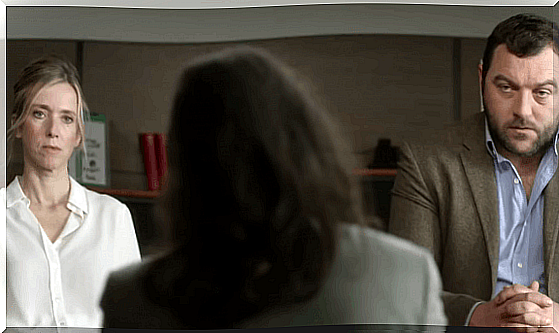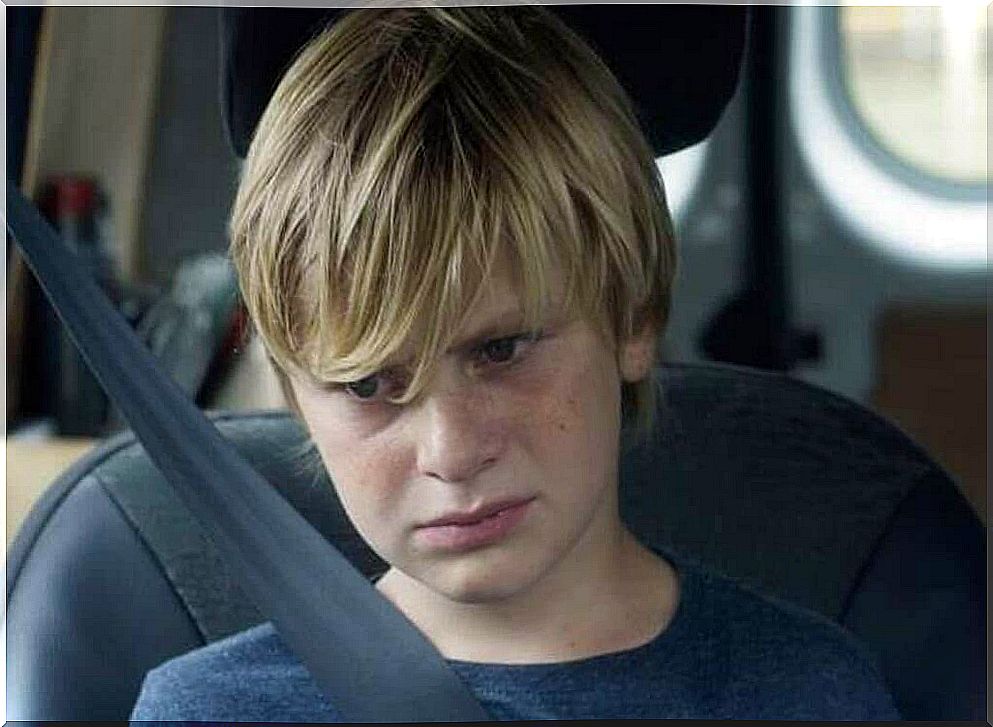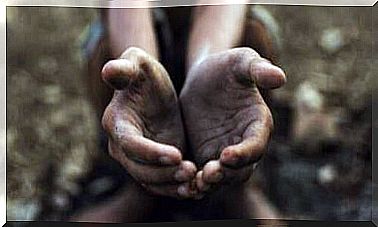‘Custody’, A Movie That Shows That Monsters Aren’t Make-believe

The drama about violence exerted by men, Jusqu’à la garde (Custódia , in Brazil ) , debuted by director Xavier Legrand, was recognized on February 22 as the best film in the 44th edition of the César awards for French cinema . This result is not surprising.
At least for me, this film arrived unannounced and gave a reality check showing genius in addressing a topic that receives little social importance.
The director places us as spectators in a room where the details of shared custody are agreed… and we can’t take our eyes off the screen until the end.
We found that monsters exist and that sometimes they are part of families, they do not stay in dreary and isolated corners at night. Monsters can be very close, and that weighs even more.
custody with a monster
The story is presented through the judge who handles the divorce case and the custody of the couple’s children. It is difficult to have a total view of the case, although some of its most important elements seem evident, such as the violence exerted by the father towards the mother.
It is from there that everything starts to seem more diffuse and justice seems to slip up. There should be no doubt in matters as important as whether or not it is convenient to force a child to spend time with his mother’s abuser .
Miriam’s lawyer describes a particularly possessive and violent man, while Antoine’s lawyer denies this description and argues that it is abnormal for Miriam to want to prevent Antoine from showing love for her children.
It is difficult for the mother’s lawyer to find clear proof of the father’s true character. An aggressor knows how to adapt his behavior in relation to his interests in a given situation. Thus, the veil over the true personality of its protagonists will only be lifted later in the film.
From the court decision establishing shared custody, we can guess that the catastrophe is to come. A slow explosion of violence, repression and unrest crosses the screen through Thomas Gioria’s masterful portrayal of Julien, the child of the family.
From the cold court decision to the hell of shared custody
From the first moment when the father (Denis Ménochet) takes custody, there has been an atmosphere of latent tension. A close-up of the frightened child’s face; a wordless dialogue capable of tingling the nerves and conveying a feeling of suffocation.
The child’s gaze and its expressions tell the story of what is experienced, of what is felt. The absence of music makes the sounds of everyday life sound like threats. A key when opening the door, the sound that is the trigger of fear for many abused women.
We realize that we are not facing a case of parental alienation, a diagnostic label with a dubious scientific basis. The narcissistic pervert Antoine sometimes knows how to show himself to be misunderstood and who could almost be a victim, a victim because he loves his family.
Custody shows that monsters are not make-believe
Nobody in the family believes in this role played by the father. They know that any approximation is not a felt regret, but a closer approximation of the control you want to regain. The great strength of this film lies especially in the way in which the director, Xavier Legrand, leaves us breathless by using a mixture of fear and rather perverse hope.
We intuit a high-voltage scene as the culmination of all the father’s tension and frustration. A father who can’t get shared custody to bring him back to his scared wife, who lives hiding and lying to avoid any kind of aggression.
The father’s strategy of approaching his wife Miriam (Léa Drucker) through the intimidation of her son seems to fail. We already know that frustration is a component to be taken into account as a precursor to anger and violence.
That’s when you start to hear a timbre, a constant sound that makes you catch your breath. We return to the cold room where custody is established. We do not know exactly how the case of mistreatment occurred, but we intuit that there were many unresolved situations.

social responsibility
The unfolding of history anticipates the catastrophe. It only deserves the adjective devastating. The protagonist clings to the possibility that this “phone” sound will cease. She knows she’s down there, knows she’s going to play for a long time. Intuit that it will go away.
However, the sound ends and others begin, showing that this time Antoine is unwilling to stop. The last scene in this movie is terrifying, with no need for special effects or lurid makeup. The protagonist no longer looks like a human being, just a beast blinded by pride and revenge.
The reality is such that one breathes that empathy for this mother and her child hurts. We are the neighbor who warns you about what happens, the policeman who answers the call trying to use all his knowledge.
We found that monsters exist and that they are sometimes part of families. Monsters can have the same last name as us and that weighs even more. You cannot fight cognitive-behavioral therapies, that will come later.
Monsters are fought with the power of education, the escape from empathy, the shield of solidarity, the bars of justice and the application of intervention.









